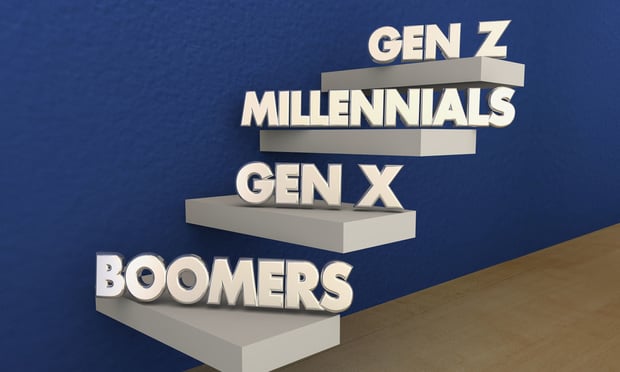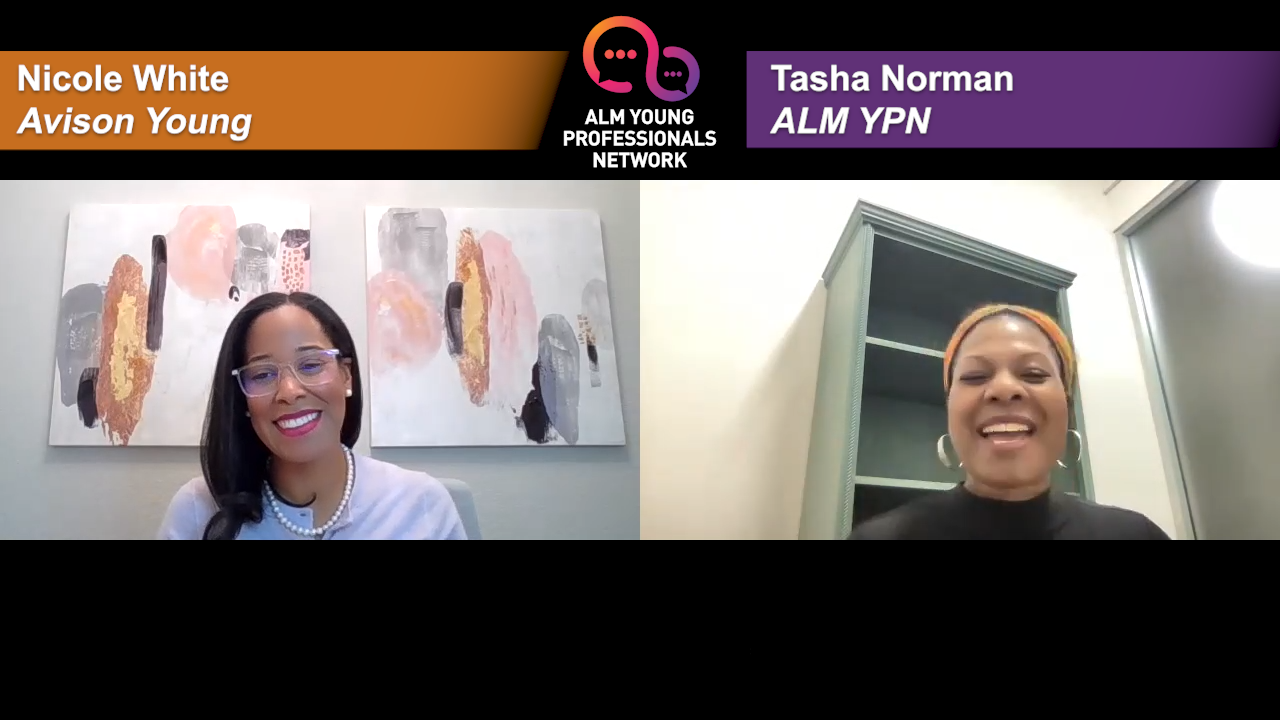SAN DIEGO—The implementation of AB 802, the bill that repeals AB 1103 and recalibrates the regulatory process on energy-use disclosure, has met with differing views in the industry, both pro and con, but mainly pro. While some experts believe that California "through AB 802 has jumped onto the shame and blame bandwagon," several other experts disagree.
Matthew Hargrove, SVP of governmental affairs at the California Business Properties Association, tells GlobeSt.com exclusively that the bill "addresses a number of complaints our industry has had since AB 1103 was in the legislature" and that AB 802 has already been "workshopped" at the California Energy Commission. "The regulations on this are on the fast track because the Commission has already invested too much time and effort on AB 1103 and many stakeholders, commission staff and commissioners are all on the same page moving forward. So far, representatives for the commercial, industrial and retailcommercial real estate industry are pleased with the direction of the discussion."
Hargrove says the following is what has changed from the now repealed AB 1103 regulations:
- AB 1103 mandated all buildings must be benchmarked regardless of size or use, while AB 802 states that buildings 50,000 square feet and above must be benchmarked and allows the Energy Commission some discretion to exempt certain building types and situations (e.g., the CEC could decide that long-term empty buildings or buildings scheduled for razing need not be benchmarked).
- AB 1103 was a transaction based program—benchmarking was triggered by a sale/lease of whole building/refinance. The transaction-based approach had many unintended consequences such as requiring actively managed buildings to be benchmarked more often than buildings that are not; put an unnecessary technical process in the middle of a real estate transaction; and required benchmarking be provided to parties that were not making management decisions (i.e., lenders). On the other hand, AB 802 allows the CEC to determine the best trigger for benchmarking—that could be transaction based or time certain (e.g., once every two years).
- Under AB 1103, many building owners were unable to get tenant energy information from local utilities; AB 802 clarifies that utilities are required to provide information, in an aggregated format if there are privacy concerns in multi-tenant buildings.
- AB 1103 treated income-producing properties separately by only focusing on commercial; AB 802—with the support of the apartment industry—includes certain multifamily housing properties.
- AB 1103 provisions will be suspended as of the end of this year (until otherwise notified, Hargrove recommends compliance with the current provisions of AB 1103 until then). AB 802 provisions will become operative on January 1, 2017; the CEC will write regulations to implement in 2016.
Hargrove points out that the state had the support of all major real estate groups to take the action that it did with AB 1103, and the above reasons are why it has been supported by so many companies.
Jessica Handy, director of CodeGreen Solutions, a firm that helps real estate and business owners develop and achieve their energy-reduction and sustainability goals, also supports the repeal of AB 1103 and considers AB 802 to be an improvement. She tells GlobeSt.com exclusively, "No one is arguing against benchmarking building energy. If one desires to effect change, in anything really, one must start by calculating the baseline. If the purpose of AB 1103 was to help the built environment effect change, it was sadly not designed to do so."
Handy says CodeGreen Solutions does provide benchmarking services in compliance with AB 1103 all over California as well as with other ordinances. "We benchmark more than 250 million square feet annually for clients in New York City, San Francisco and for voluntary programs such as LEED around the country." But, she adds, "I feel benchmarking for AB 1103 compliance benefitted no one but the vendor during the transaction process—the process intended for AB 1103 to effect change. AB 1103 was a 'garbage in, garbage out' law that added no value to the building transaction process, yet added plenty of frustration."
Handy says during a sale or lease, the benchmarking report was to be disclosed when the contract was signed, which is too late for the efficiency of the building to be a factor in the price negotiation—a time when good energy efficiency could be used as a bargaining tool and therefore useful information. "Obtaining energy data for an entire building, when there are multiple ratepayers/meter owners involved, can be problematic when the law applies just to the building owner, and the legal responsibility is not on all meter owners, and the utility companies were not compelled enough by AB 1103 to provide the data in aggregate or efficiently."
AB 1103 was also time inefficient with regard to forms and printed materials, Handy adds. "Estimated energy data, after a good-faith effort has been made to obtain it, is allowed by AB 1103. This is helpful for compliance, but does not provide accurate information needed to effect change. During the implementation of AB 1103 the CEC, instead of designing a compliance form accommodating the requirements of the regulation, designated the Energy Star Portfolio Manager template Data Verification Report to be used. The DV report is designed as the form that a registered architect or professional engineer uses to verify the benchmark data reported and sign and seal for submission to the EPA for the Energy Star label. We started charging an additional $200 to file with the CEC, on top of our regular benchmarking fee, not because it cost anything to run a report and email it along, but because I always spent an additional hour explaining to every party to the transaction why the boxes didn't need to be checked and the form didn't need to be signed. This was in addition to my carefully worded email explanation that I sent along with every report."
Handy says the DV reports too much information that then becomes arguable points in the transaction process. "I had an attorney call me once about the meter start dates on the DV, which are irrelevant to AB 1103, yet were a point of argument between owner and lessee. And the DV Report is too long—I had one that is 42 pages, and you know all parties are printing these out."
Despite the poor design of the regulations, which the CEC even called a "poorly functioning program" and unenforceable because the first judge who hears a case over an issued violation will throw out the case because it is such a bad law, the folks at the CEC were always accessible and responsive to questions and comments, says Handy. "This responsiveness led them to the rational decision to initiate revising the regulations and then AB 1103 altogether. Tossing AB 1103 out with the bathwater and implementing a whole new law allows a more functioning benchmarking program to be designed that will benefit from the lessons learned from AB1103."
Lisa Colicchio, director of corporate responsibility for CBRE, tells GlobeSt.com that at a national level, her firm has been a long-time supporter of energy-building data-disclosure laws since it has seen the positive impact they have had in focusing attention on improving tracking and management of energy use. "However, unlike all the other cities that have adopted similar legislation for disclosure to be submitted annually, the unique approach that CEC adopted in implementing disclosure at time of transaction created serious confusion in the market and relied on owners and managers to self-regulate. AB 1103 was very ineffective, especially with the additional requirement of industrial and retail buildings, which often can't be benchmarked and/or have unique energy use specific to individual tenant-type businesses whose data is irrelevant to non-similar tenant types. We welcome the measures of AB 802 to properly correct the myriad of issues created by AB 1103."
The commercial real estate industry as a whole is overwhelmingly in favor of AB 802 over AB 1103, Peter Herzog, assistant director of legislative affairs for NAIOP SoCal, tells GlobeSt.com, "Building owners have been seeking reforms to this statute for many years, and the new statute is much better than the clunker that was repealed. Businesses complain a lot about unnecessary laws and regulation—this is actually a case where the state has recognized that a law wasn't working, and fixed it. We should acknowledge that has happened and encourage the state to do the same when something is not working."
Herzog says AB 802 fixes a seven-year-old law that was hanging-up commercial real estate transactions, requiring real estate professionals to hire energy consults to get through those transactions, and was generally difficult with which to comply. "AB 1103 was the first law of its type in the nation. We argued from the beginning the measure would be difficult to implement and would ultimately be ineffective in its stated energy-efficiency goals. Those concerns ended up being correct. Additionally, parts of the policy itself were superseded by subsequent legislation and regulatory activity—including the privacy issues noted GlobeSt.com's previous story on the subject—and needed fixing."
Why else do commercial real estate companies support AB 802? In addition to the many reasons given by experts above, Herzog says it's because it presses "pause" on implementation of the program for a year to get the regulations in place and allow time for building owners to work out issues. "This is an extremely pragmatic policy and helpful to commercial real estate companies. Is the state's benchmarking law perfect now? No. Is it better than it was? Yes, much. We still need to assure the regulations are written in a manner that can be easily complied with, but fixing the statute was a necessary first step."
Lastly, Commissioner Andrew McAllister tells GlobeSt.com, "We at the Energy Commission, along with a plethora of other key stakeholders, are extremely excited about the passage and signing into law of AB 802 (Williams), which will assist greatly in moving building efficiency forward toward the ambitious goals set by SB 350. The bill, among other things, facilitates and greatly expands access to whole-building energy usage data by owners of commercial and multifamily buildings across the state. Specifically, the energy utilities must provide simple access to such data for all commercial buildings and all multifamily buildings with five or more service accounts. The bill creates a more comprehensive statewide building energy benchmarking and disclosure program, and provides a solid foundation for local governments wishing to institute local benchmarking and disclosure ordinances of their own. The Commission welcomes any and all participation in the rulemaking to implement AB 802, such that it can strike a proper balance between simplicity of compliance and maximum positive economic and environmental impact across our great state."
© 2025 ALM Global, LLC, All Rights Reserved. Request academic re-use from www.copyright.com. All other uses, submit a request to [email protected]. For more information visit Asset & Logo Licensing.







